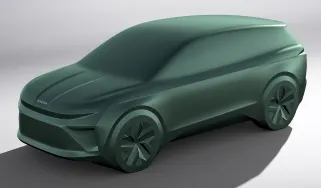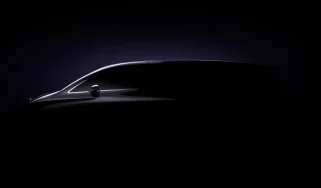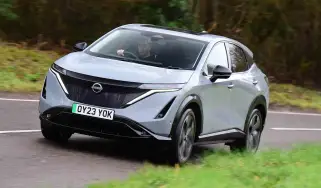AI cameras that spot drunk drivers rolled out in the UK for the first time
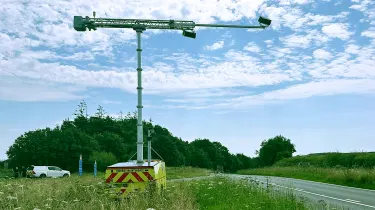
Artificial intelligence could be a new weapon in the battle to eradicate drunk or drugged driving, following the first ever trial of new tech designed to help police catch and charge offenders.
The technology works using the same mobile ‘AI cameras’ currently being deployed to clamp down on drivers using mobile phones or not wearing seatbelts. However, this time the system’s cloud-based algorithms are analysing image data from cars passing on the adjacent roads to look for indications a driver might be impaired.
Unlike with mobile phones or seatbelts, where photographic evidence is sent to police officers for later action, if the AI algorithms think a car may be driven by a potentially impaired driver, it will be flagged immediately to police waiting a little further down the road.
Officers already have the powers to stop any car, and can subsequently require drivers to undergo roadside testing for drugs or alcohol if they find reasons to suspect impairment.
The world-leading AI scheme is being run by Devon & Cornwall Police throughout December, as part of the Vision Zero South West road safety partnership’s campaign to cut the number of people killed or injured on the region’s roads.
“We will be deploying the cameras at various locations throughout the region in December and working closely with Acusensus to make sure this system is as accurate and effective as possible.”
Acusensus is the Australian firm building the AI-enabled cameras used in the trial, and which was formed after a friend of the founder was killed in a road traffic accident involving a driver distracted by a mobile phone.
The company’s UK general manager is Geoff Collins, who told us that despite the ‘big brother’ connotations, AI is not being used to decide conclusively who is or isn’t impaired, but is instead an attempt to “replicate the policeman’s nose” for trouble.
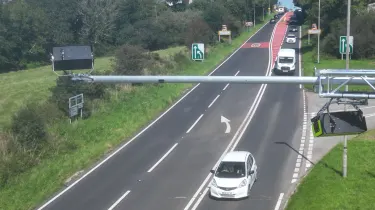
He said: “A policeman at the side of the road, if they’ve worked road traffic for long enough, will probably watch a vehicle drive by and think ‘I’m not happy with that one’.
“It'll be all kinds of things about how they're driving, the style of their driving, things that we’re noticing, and we're trying to replicate the policeman’s nose.
“If people say ‘it’s big brother’ and ‘we should be able to make our own decisions’, I strongly disagree when it comes to two tons of metal and when my kids might be in the car coming in the other direction. There are rules of the road, and there’s a responsibility that comes with a car.”
Given the advance of camera technology in law enforcement over the last decade, and the simultaneous decline in numbers of police officers out on the road, we asked Collins to address the argument that over-reliance on cameras themselves – AI or not – could itself be partially accountable for declining standards and the increase of anti-social driving behaviour on UK roads.
He told us: “There’s a lot of camera technology across the UK which is used to identify speeding, and speeding is widely understood to be a significant contributory factor towards casualties.
“But it could be argued that disproportionately an awful lot of the effort goes into that one factor, when we talk about five fatal driving behaviours,” he added, pointing out that speeding, not wearing seatbelts, mobile phone use, drink and drugs and careless/inconsiderate driving are all major contributors to the toll on British roads.
“Every single roads policing officer I’ve ever spoken to would like there to be a larger, more capable and involved road policing operation, but it’s not their decision to cut back the number of roads policing officers on the network.
“Yet the numbers of these specialist officers are being cut, and this is a pragmatic approach to maximise the capacity forces do have, when they’ve only a handful of traffic officers who can’t do everything and be everywhere.”

